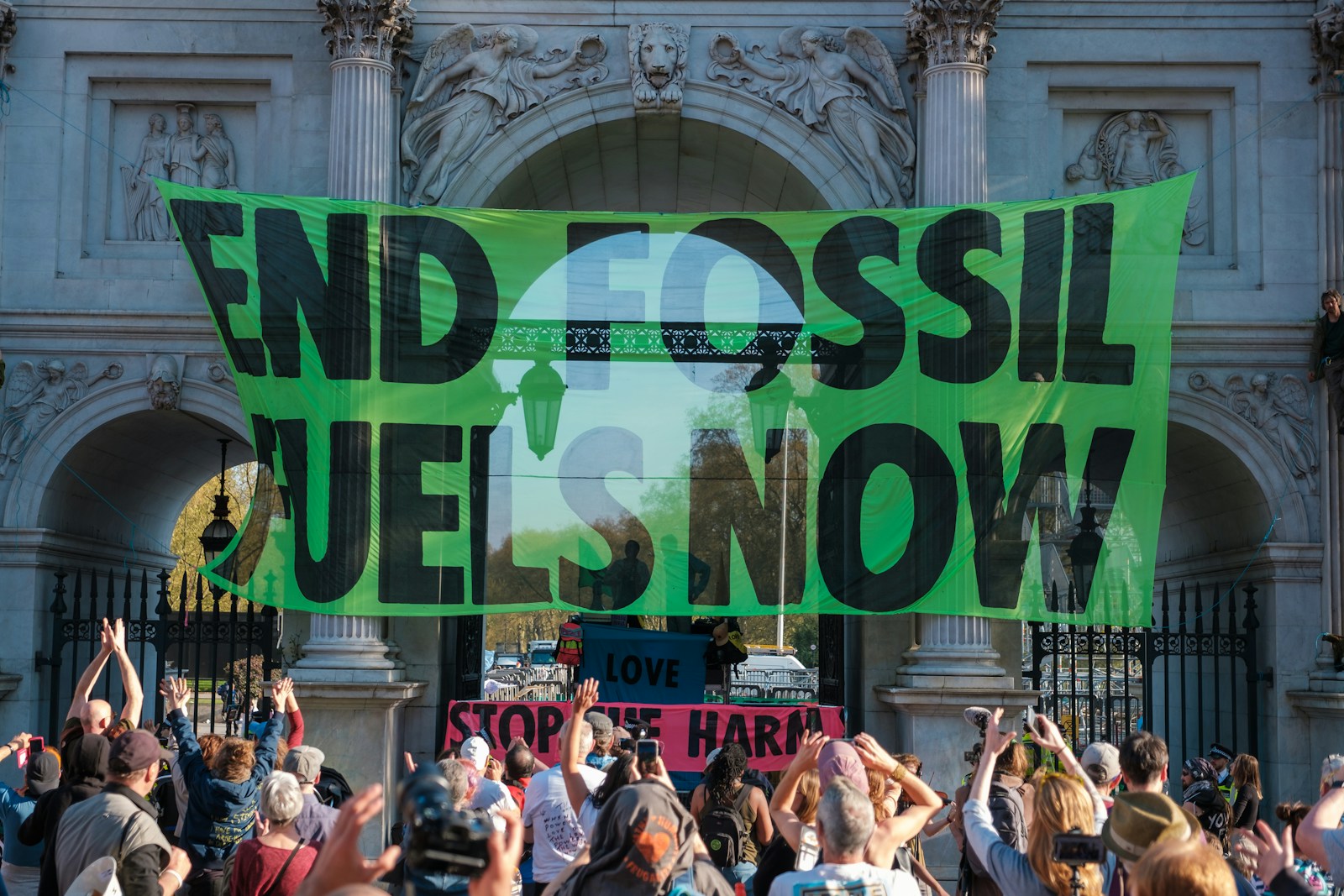The Roundtable: The Great Unraveling of US Climate Policy

Editor's Note: Welcome to our monthly roundtable discussion. Each month, our five student editors will come together to debate a major issue shaping our world. This transcript has been lightly edited for length and clarity.
Anthony Min: The biggest story in the business world right now is the systematic unraveling of the Inflation Reduction Act, or IRA, by the new Trump administration. This was the previous administration's landmark climate and industrial policy law, which unleashed hundreds of billions of dollars in subsidies for green energy. It kicked off a massive manufacturing boom in the US, particularly in electric vehicles and batteries. Now, all of that is being thrown into reverse. I want to start by asking: what is the core motivation behind this move? Is it about economics, or is it purely political?
Minwoo Jung: I think it's almost entirely political, with a strong dose of geopolitical realism. The IRA was framed as a climate bill, but it was also a massive piece of industrial policy designed to compete with China. However, from a Trumpian "America First" perspective, the bill was flawed. It relied too heavily on a green agenda that is unpopular with the Republican base, and it was seen as a massive government spending program. The new administration's motivation is to fulfill a campaign promise to its base, to undo a signature achievement of its predecessor, and to fully unleash domestic fossil fuel production, which it sees as a source of American strength.
Yehee Jung: The consequences of this for the climate are, to put it mildly, catastrophic. The IRA was the single biggest piece of climate legislation in US history, and while it wasn't perfect, it was a huge step in the right direction. To see it being dismantled is devastating. From a scientific perspective, we are in a race against time to decarbonize the global economy. The decision by the world's largest economy to not just step off the accelerator, but to throw the car into reverse, makes it almost impossible to see a path to meeting our global climate goals.
Anthony Min: The economic consequences are also immediate and chaotic. You have dozens of major international companies, many of them from Korea and Japan, that have invested billions of dollars to build new factories in the US to take advantage of the IRA subsidies. Those investments were made based on a set of long-term policy promises. Now, the government is changing the rules of the game mid-stream. This injects a massive amount of political risk into the US market and sends a terrible signal to any company, foreign or domestic, that is considering making a major capital investment. It damages America's credibility as a stable place to do business.
Saerom Kim: It's fascinating to see the strange political alliances this is creating here in the US. A lot of the new battery and solar factories were being built in traditionally Republican "red states" in the South. So now you have Republican governors, who are politically aligned with the Trump administration, publicly and privately lobbying the White House not to repeal a law that was passed by the Democrats, because it's bringing thousands of jobs to their communities. It's a perfect example of how the economic reality of green jobs is colliding with the political ideology of the Republican party.
Yonghyuk Choi: It's like a team that decides to fire its star player in the middle of a winning season because they don't like his style of play. It might satisfy a certain part of the fan base, but it's a completely irrational move from a competitive standpoint. The green energy transition is the biggest economic and technological competition of the 21st century. For the US to unilaterally pull out of that race feels like a massive strategic own-goal.
Final Thoughts
Yonghyuk Choi: The US is voluntarily benching itself in the middle of the most important economic and technological game of the century.
Anthony Min: This move injects a huge amount of sovereign risk into the US economy and tells global investors that American industrial policy can't be trusted to last beyond the next election cycle.
Saerom Kim: It’s a strange and telling moment when Republican governors in the South are fighting to save a landmark Democratic climate bill from a Republican president.
Yehee Jung: This is a catastrophic setback for the global climate effort, a decision that will be measured in tenths of a degree Celsius for generations to come.
Minwoo Jung: It’s a clear demonstration of the "America First" philosophy in action: a prioritization of short-term domestic politics over long-term global commitments and alliances.
What do you think? Is the dismantling of the IRA a necessary economic correction or a disastrous political mistake? Let us know your thoughts in the comments below.



